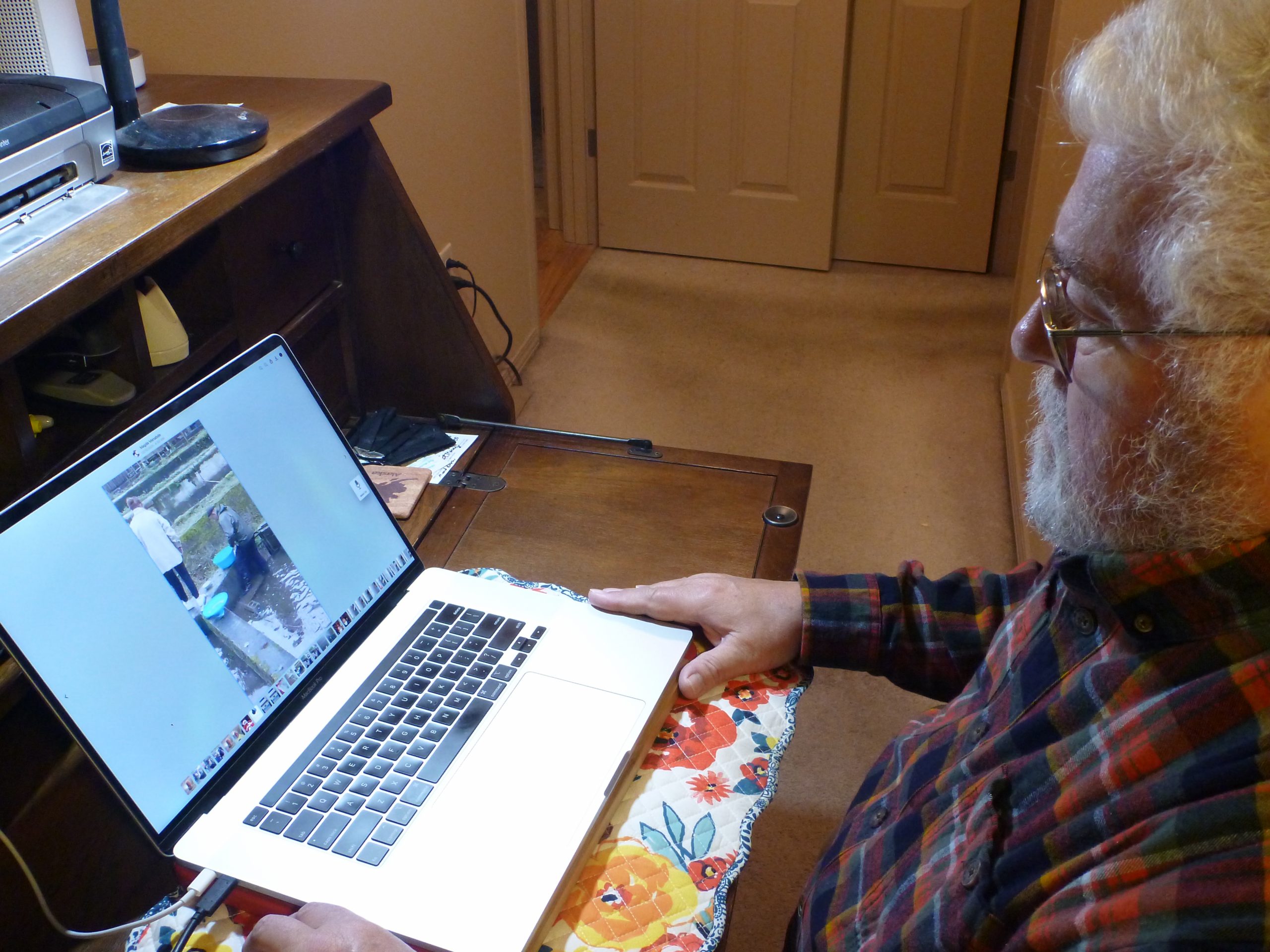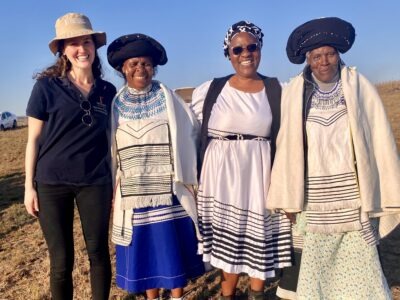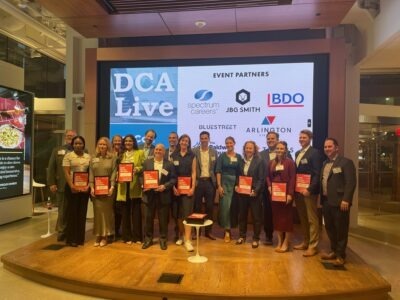
Joe Sullivan is an aquaculture expert and fish pathologist who has completed more than 35 volunteer assignments in 17 countries. He began his career as a professor at Humboldt State University and later worked for the Alaska Department of Fish and Game managing Exxon Valdez Oil Spill projects as well as the Yukon River Drainage Fisheries Association. Joe supported fish farmers in Zambia as a Peace Corps volunteer from 1998 to 2001. He holds a BS in biology from Georgia State University, a PhD in fisheries and allied aquacultures from Auburn University, and master’s in pastoral studies from Loyola Institute for Ministry.
Joe recently volunteered remotely with ACDI/VOCA through the USAID-funded Farmer-to-Farmer Program in Eastern Europe, Caucasus, and Central Asia. Read our Q&A with Joe below and learn how to volunteer with ACDI/VOCA.
Q: What motivates you to volunteer with ACDI/VOCA and the Farmer-to-Farmer Program?
I pursued my education in aquaculture many years ago so I would be able to pass along this knowledge to people in developing nations who were trying to feed their families and make some income. Farmer-to-Farmer resonates perfectly with that and provides me with opportunities all around the developing world. As I tell people whom I am trying to encourage to also become volunteers, ACDI/VOCA and the other Farmer-to-Farmer Program NGOs grease the skids so well that if you have what they are looking for, they take care of everything else — travel, lodging, in-country transportation, a translator. During the time of COVID-19, there are more hurdles involved with remote assignments, but ACDI/VOCA greased those skids as well. It was pretty close to seamless.
Q: Tell us about your most recent experience volunteering remotely with a trout farm in Georgia.
A: Working with the Kebuli Trout Farm in Georgia was my fourth remote Farmer-to-Farmer Program assignment since the COVID-19 pandemic began. The owner of the farm aimed to begin supplying their trout to local restaurants. The assignment was largely based on mortality problems the hatchery was having, and they were an issue at all stages.
Q: What challenges did you face as a remote volunteer and how did you overcome them?
I have anticipated problems with each one, resting on our ability for the host and me to communicate. Some have worked well, and some have not for that sole reason. Fortunately, this one worked, primarily through the efforts and ability of Magda Menabde, the ACDI/VOCA country director, to make it happen.
The owner of the trout farm, Kvicha, did not have good internet access. Magda took her remote modem and computer to the farm, and I was able to see things I could not have any other way.
Q: What kind of support did you provide?
Not being onsite is a tremendous handicap trying to diagnose fish diseases, and I never had to deal with that communication issue when I was a fish pathologist with the Alaska Department of Fish and Game. I also had access to a lab long ago, before I retired, but I do not now, and there were no local Georgian fish pathologists who could help.
Nevertheless, I learned early in my career that the more you improved the environment, the more advantages you gave to the fish and the more survival increased, despite the presence of pathogens.
We started at the beginning — spawning — and things have already changed.
There is plenty more to be done: switching to a fish-free spring for water, knowing how many fish you have and how big they are, and optimizing the oxygen levels in the hatchery water. But just following the changes in spawning and egg incubation practices has already made noticeable changes for the better.
Kudos to the hatchery owner, Kvicha, for running with the ball once he knew what to do with it, and kudos to Magda for drawing the lines between the dots.
Learn more about our Volunteer Programs and view current opportunities here.






